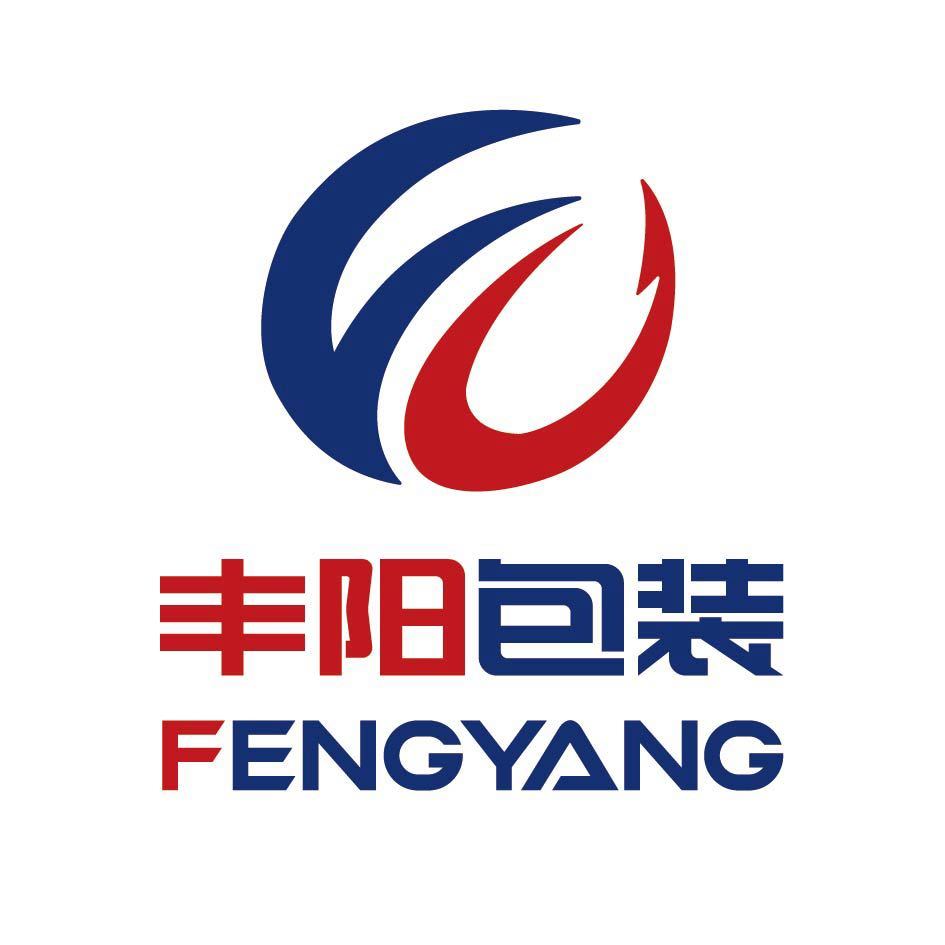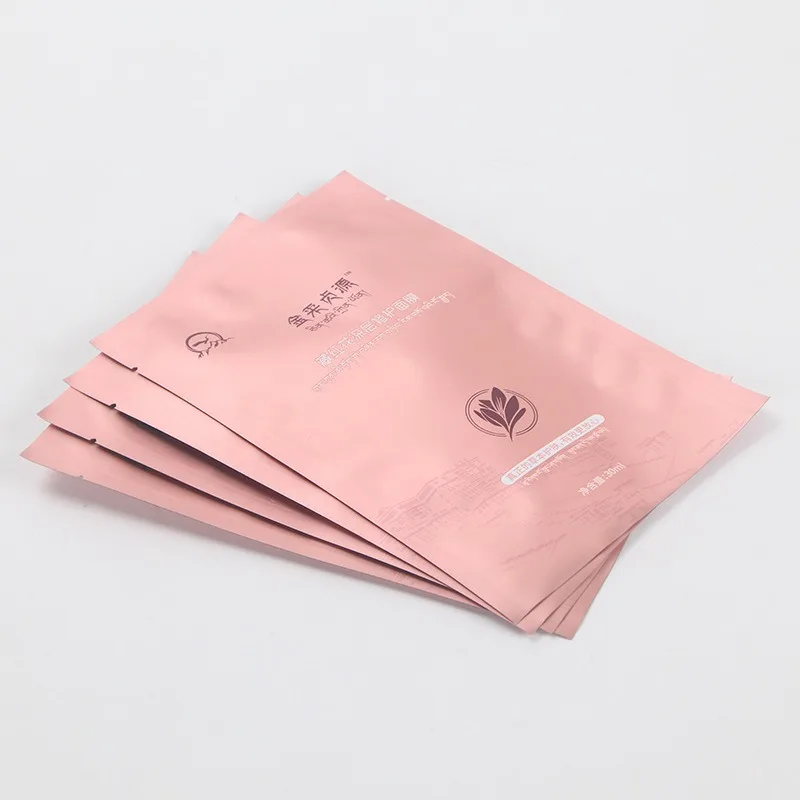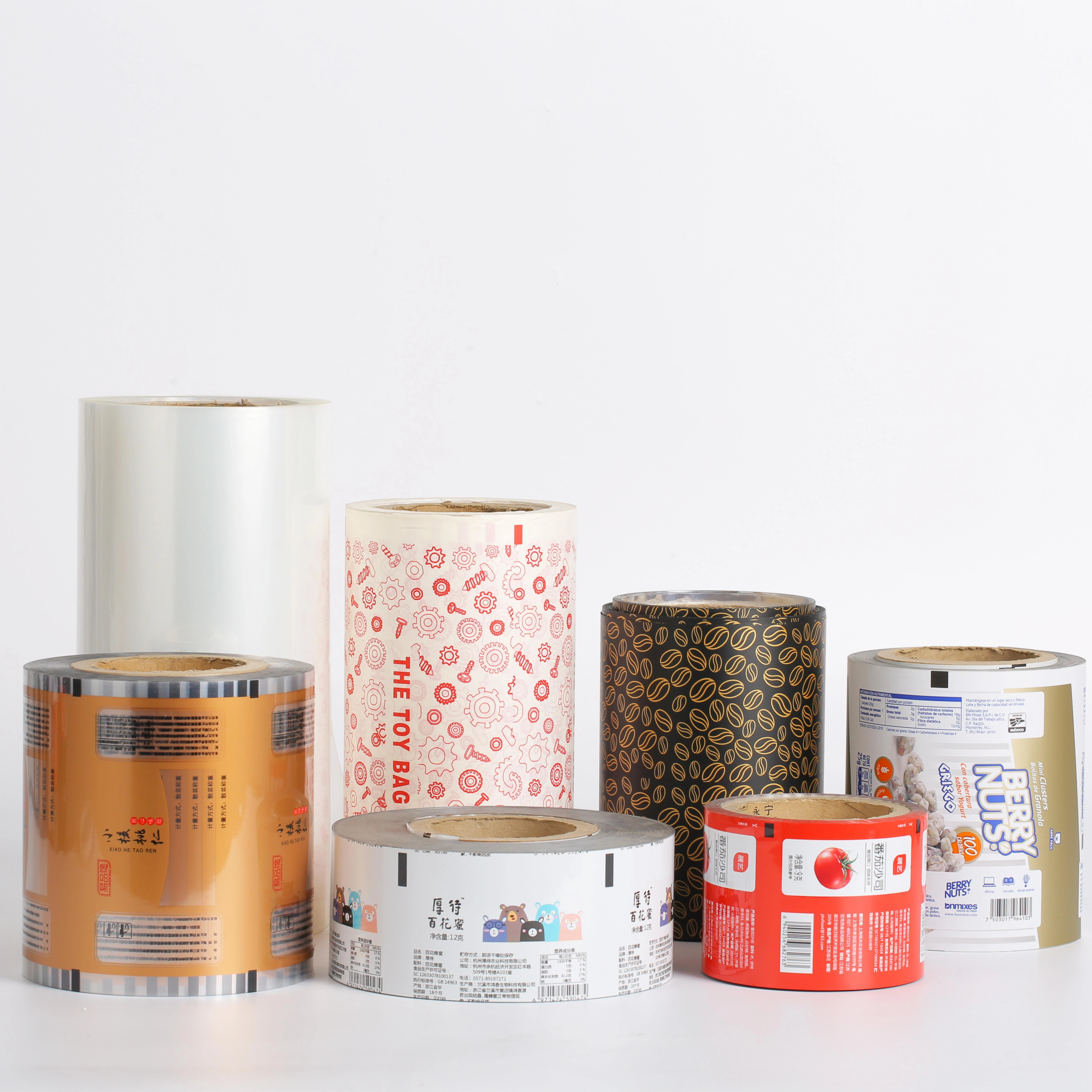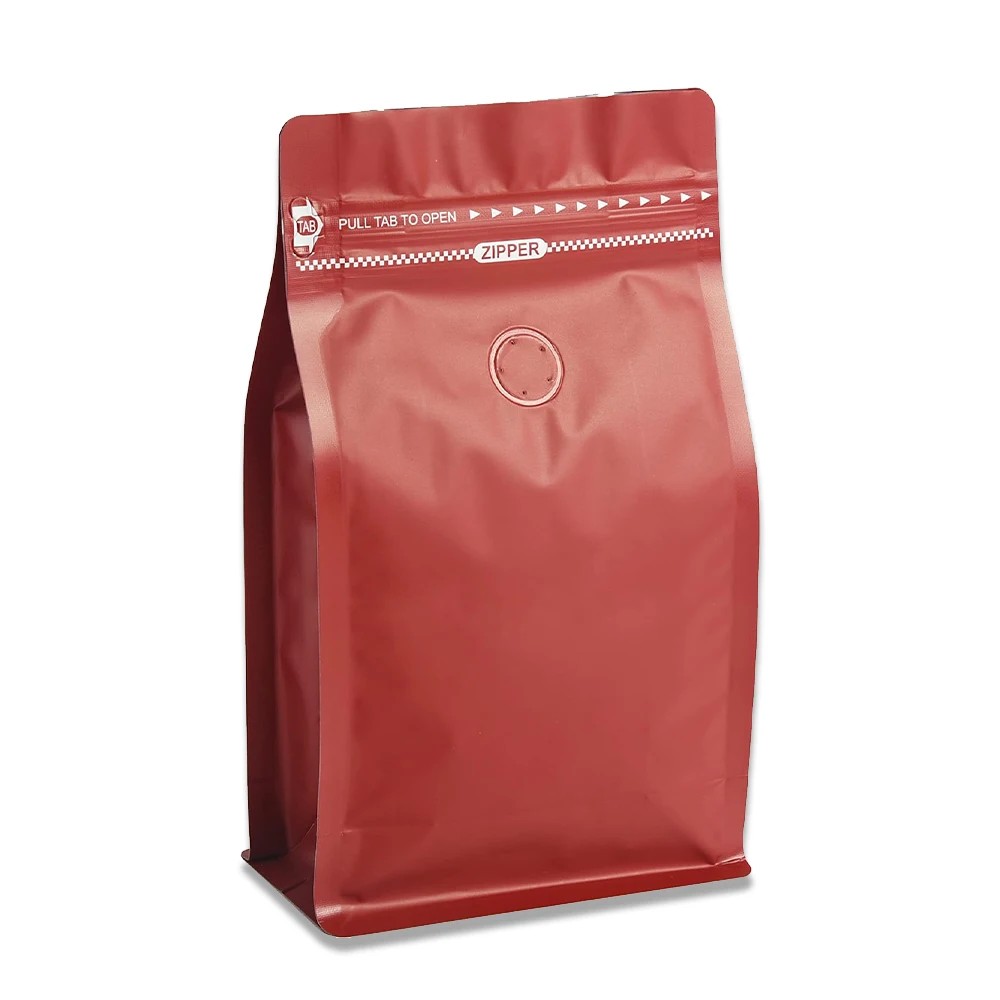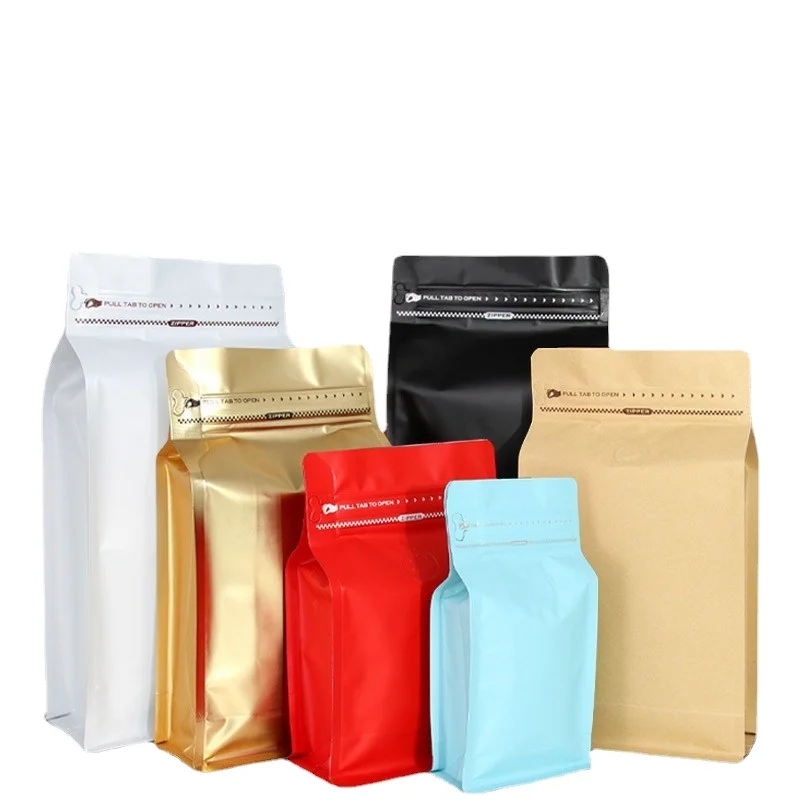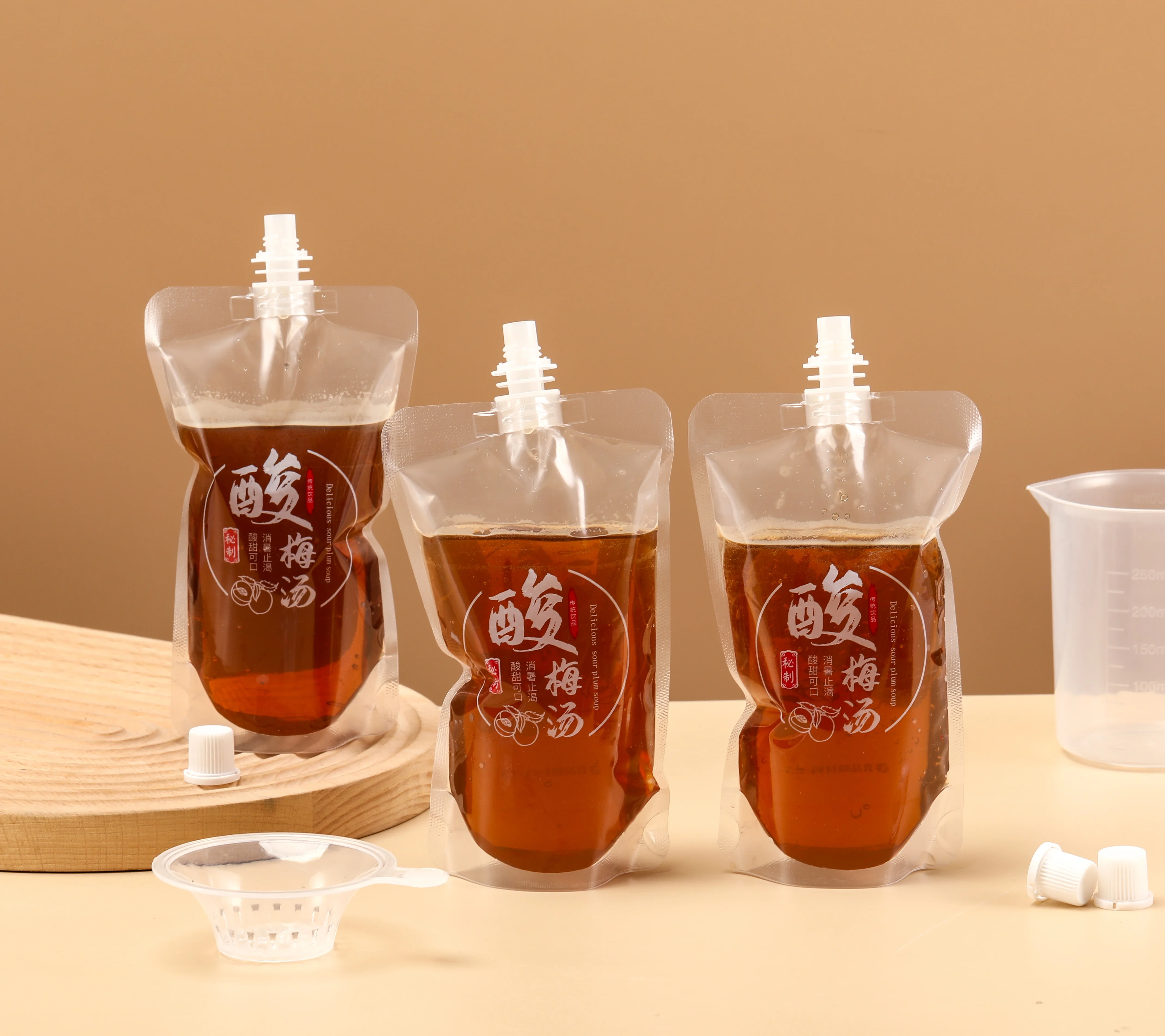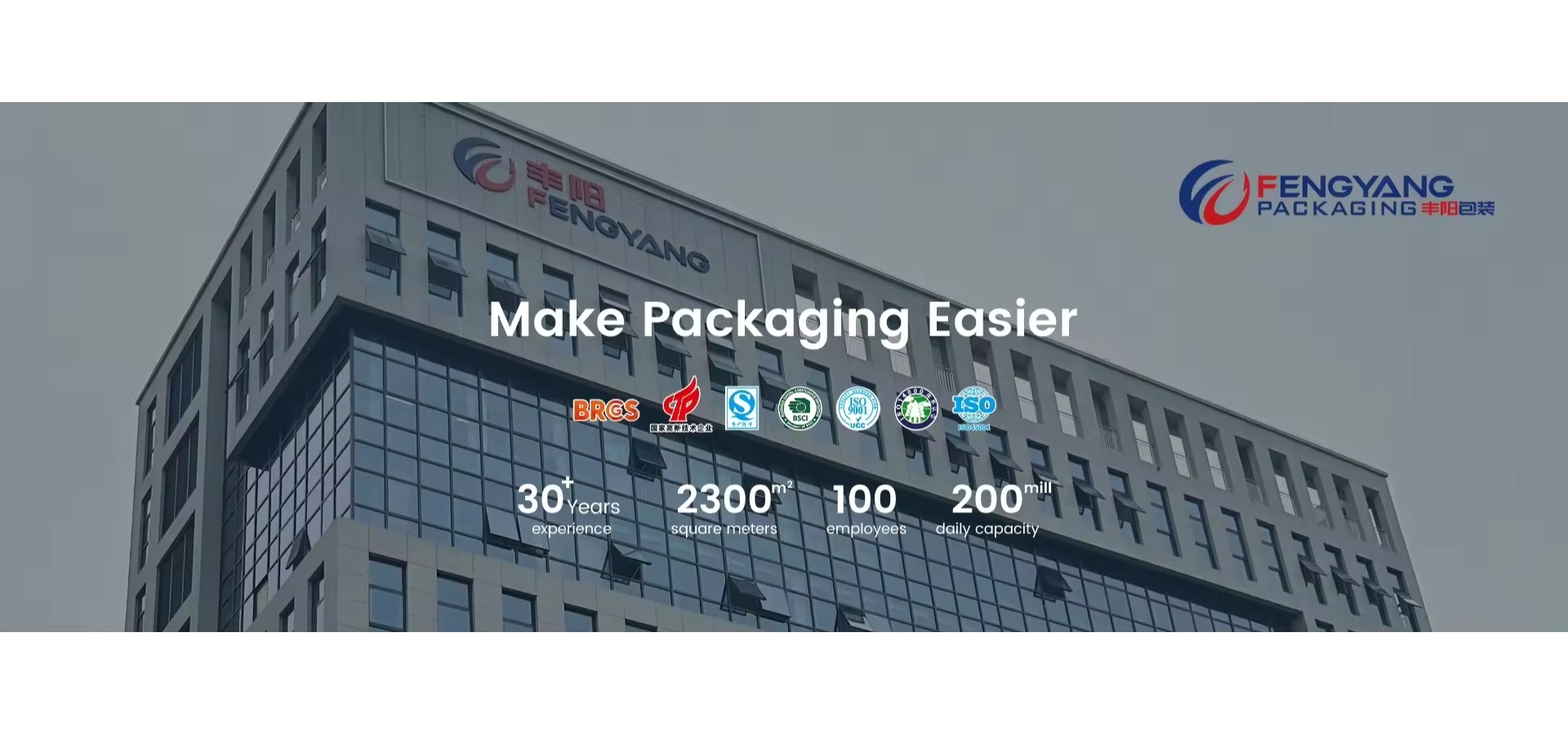
ABOUT
Wenzhou Fengyang Packaging Co., Ltd. is located in Cangnan County, Wenzhou City, Zhejiang Province, China's packaging and printing city. Founded in 2016, the company has a registered capital of 55.51 million yuan, an annual output value of 300 million yuan, a building area of 23000 square meters, more than 100 employees, a team of technical R&D engineers with 10 years of experience, and more than 10 patents for various packaging applications. It is a national high-tech enterprise in China and a technology-based enterprise in Zhejiang Province. The company has been focusing on the research and development and production of functional packaging products such as high barrier, light and heat avoidance, low-temperature freezing, high-temperature steaming, recycling, and degradability. The company has passed IS09001 quality management system certification, IS022000 food safety management system certification, etc. The products have passed multiple authoritative tests such as SGS,BSCI, and the materials comply with US FDA and EU standards. It is a technology-based manufacturing enterprise that integrates research and development, design, production, sales, and service.The company can support OEM, ODM customization, the main production of coffee bags, dog food bags, suction bags, self-supporting zipper bags. The company with excellent quality, good service, timely delivery to win the trust of customers at home and abroad.Thanks for the recognition of domestic and foreign customers, welcome to visit our factory at any time.
PRODUCTS
Coffee Bag Print
Design and Aesthetics
The visual appeal of a coffee bag is paramount. A well-designed bag immediately communicates the brand's personality and the quality of the coffee inside. Think about it: a rustic, earthy design suggests a traditional, perhaps organic, approach, while a sleek, minimalist design might convey a modern, sophisticated brand identity. The color palette, typography, and imagery are all crucial elements that work together to create a cohesive and memorable impression. High-quality printing ensures these elements are reproduced clearly and vibrantly, making the bag itself a desirable piece of branding, something that customers might even want to repurpose after the coffee is finished.
Beyond the aesthetics, the design should also be functional. Information like the coffee's name, roast level, origin, and brewing instructions needs to be clearly visible and easy to read. A well-designed layout ensures that all this information is presented in a clear and accessible manner, making it easy for consumers to understand what they're buying. Poor design, on the other hand, can lead to confusion and ultimately, a negative customer experience.
Material Selection and Printing Techniques
The choice of bag material directly impacts both the visual appeal and the functionality of the packaging. Various materials, such as foil, kraft paper, or a combination thereof, are used, each offering unique properties. Foil bags offer excellent protection against light and oxygen, preserving the freshness of the coffee, while kraft paper offers a more sustainable and eco-friendly option. The printing technique used also plays a vital role. Flexographic printing, for instance, is common due to its cost-effectiveness and ability to produce high-quality prints on various materials. However, other techniques like digital printing or rotogravure printing offer different advantages, including greater design flexibility or higher print quality, respectively. The selection hinges on budget, desired aesthetic, and the level of protection required for the coffee.
The material's texture can also influence the overall look and feel of the bag. A matte finish might project a more natural and organic image, while a glossy finish provides a more luxurious and modern feel. The tactile experience of the bag, combined with the visual design, contributes significantly to the overall brand experience, making it a tangible representation of the coffee's quality and character.
Sustainability and Ethical Considerations
With growing consumer awareness of environmental issues, sustainability is becoming an increasingly important factor in coffee bag printing. Consumers are seeking brands that align with their values and are committed to eco-friendly practices. This translates into a demand for sustainable materials, such as recycled paper or compostable materials, and printing techniques that minimize waste and environmental impact. Many roasters are actively seeking out suppliers who adhere to responsible sourcing and manufacturing practices, highlighting their commitment to sustainability on the packaging itself.
Ethical considerations also extend beyond the materials. Fair trade certifications and information about the origin and farming practices of the coffee beans are often included on the packaging, allowing consumers to make informed purchasing decisions. This transparency builds trust and reinforces the brand's commitment to ethical sourcing and fair labor practices, making the bag a powerful tool for communicating these values.
Brand Storytelling and Marketing
Coffee bag printing provides a unique opportunity to tell the brand's story. The design, imagery, and text on the bag can convey the roaster's passion, commitment to quality, and the unique characteristics of their coffee. Origin stories, farm details, and even the roaster's personal journey can be woven into the design, creating a connection with the consumer on a deeper level. This personalized approach transforms the coffee bag from mere packaging into a captivating narrative, enhancing brand recognition and fostering customer loyalty.
Ultimately, effective coffee bag printing is more than just a visual element; it's a strategic marketing tool. It’s a silent salesperson that reinforces the brand's message, communicates its values, and enhances the overall consumer experience, leaving a lasting impression long after the coffee is gone.
SUBSCRIBE
INQUIRY
